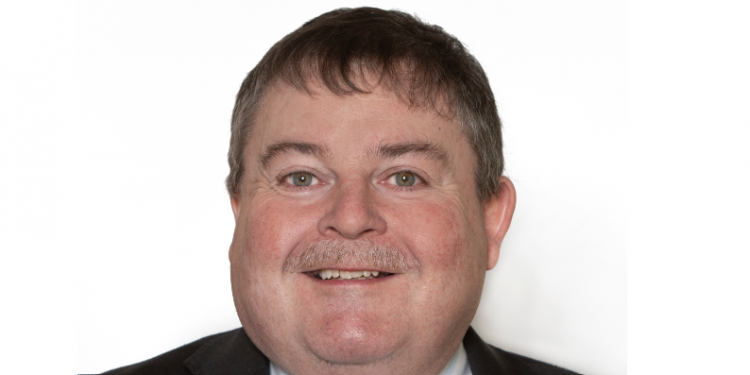The importance of getting to grips with the Consumer Duty may finally be hitting home ahead of the deadline for brokers to submit compliance strategies to the Financial Conduct Authority (FCA), according to Paradigm Protect.
But the advice network warned that smaller intermediaries were likely to be the ones who would need most help dealing with the new regulations.
Mike Allison, director of protection at Paradigm Protect, said there has been a lot of focus on the regulator’s July paper which told brokers they must submit a report to the regulator on how they will develop their strategy to meet the Consumer Duty.
“We’ve seen awareness grow quite considerably,” Allison (pictured) told Katie Crook-Davies, co-chairwoman of the Income Protection Task Force on the first day of the trade body’s Income Protection Awareness Week (IPAW).
“Even in the past couple of weeks since that paper hit. We held a webinar last week that for the first time on Consumer Duty was full – 500 people came along and wanted to know more about it because it clearly is such a major change in the financial services landscape.”
When asked by Crook-Davies about research from Royal London which showed one in five advisers had not even heard of the Consumer Duty, Allison contended that much depended on where a business sits in the regulatory framework.
“If you’re part of a network for example, you would expect that the network would be doing a lot of work in the background to make sure that the process is meeting with the Consumer Duty and to make sure that the products they’re distributing also meet the Consumer Duty rules.
“So, the networks will be doing a big job there and have not necessarily passed that information to the distributors yet.”
According to Allison, the tougher market is the small to medium sized directly authorised firms who may have not heard of the Consumer Duty because the message has not got out there in the way that it perhaps should.
“I think they’re the very firms who need the support more than anybody else because they’re the ones that probably don’t have a major compliance infrastructure sat within the firm themselves,” Allison concluded.






